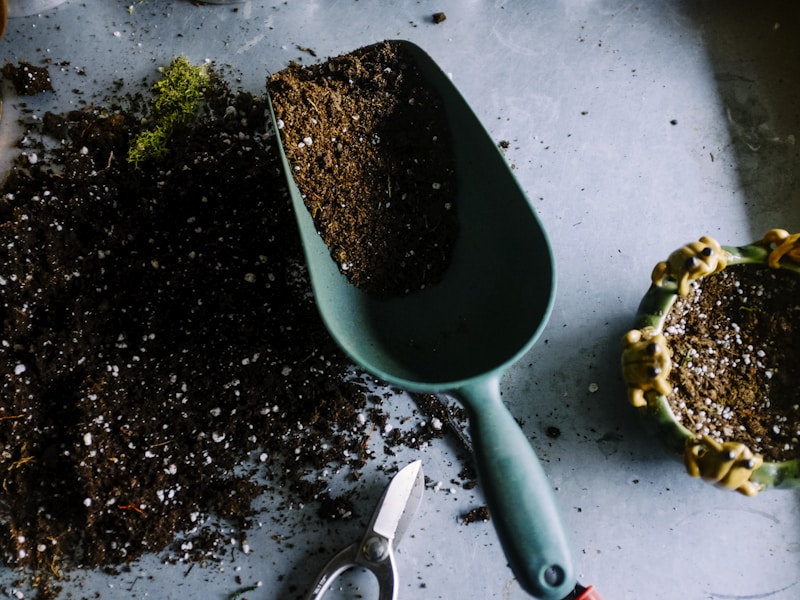10 Essential Spring Gardening Tasks to Start Your Growing Season Right
Get your garden ready for the growing season with these crucial spring tasks that will ensure healthy plants and bountiful harvests.

Why Spring Preparation Matters
Spring is the most critical time for garden preparation. The work you do now sets the foundation for your entire growing season. Proper spring preparation ensures healthy soil, strong plants, and abundant harvests throughout the year.
1. Clean and Clear Garden Beds
Start by removing winter debris, dead plant material, and weeds from your garden beds. This prevents disease and gives your new plants a clean start. Use a garden fork to gently aerate the soil without damaging beneficial microorganisms.
2. Test and Amend Your Soil
Soil testing is crucial for understanding your garden's nutrient needs. Most garden centers offer soil testing services. Based on results, add compost, organic matter, or specific nutrients to create optimal growing conditions.
3. Prune Perennials and Shrubs
Remove dead or damaged branches from trees and shrubs. Prune summer-flowering shrubs before new growth begins, but avoid pruning spring-flowering varieties until after they bloom.
4. Plan Your Crop Rotation
If you grow vegetables, plan your garden layout to rotate crops from last year. This prevents soil depletion and reduces pest problems naturally.
5. Start Seeds Indoors
Many vegetables and flowers benefit from an early start indoors. Use seed trays with proper drainage and provide adequate light to prevent leggy seedlings.
6. Prepare Your Tools
Clean, sharpen, and oil your gardening tools. Well-maintained tools make gardening more efficient and help prevent the spread of plant diseases.
7. Install Trellises and Supports
Set up trellises, cages, and other plant supports before planting. This prevents damage to young plants and makes your garden more organized.
8. Check Irrigation Systems
Test your watering systems and repair any damage from winter weather. Ensure proper water flow and coverage for efficient irrigation.
9. Mulch Garden Beds
Apply a 2-3 inch layer of organic mulch to retain moisture, suppress weeds, and regulate soil temperature. Leave space around plant stems to prevent rot.
10. Monitor for Pests and Diseases
Early detection is key to preventing major pest and disease problems. Check plants regularly and take action at the first sign of trouble.
By following these essential spring gardening tasks, you'll create a strong foundation for a successful growing season. Remember, gardening is both an art and a science - observe your plants and adjust your practices based on what works best in your specific climate and soil conditions.